Supplements to Help Sleep: Discover the Powerful Sleep Enhancers

Can supplements to help sleep? Yes, common supplements can help to improve sleep include melatonin, valerian root, chamomile, and magnesium. ...
Read moreDoes Supplemental Oxygen Help Sleep Apnea? Discover the Powerful Benefits

Does supplemental oxygen help sleep apnea? Actually, supplemental oxygen alone does not effectively treat obstructive sleep apnea (OSA). It can ...
Read moreCan I Take a Sleep Aid With Meloxicam: Unveiling Safe Solutions
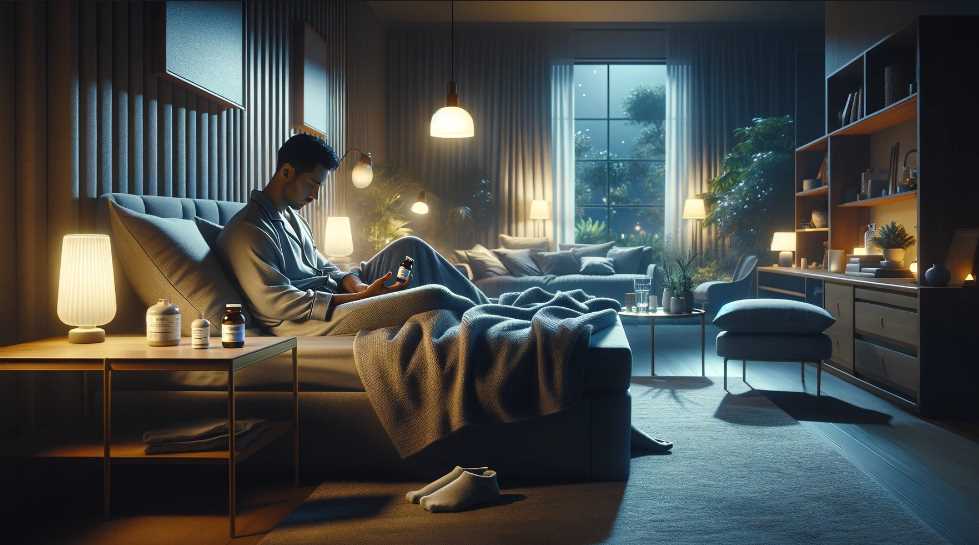
Yes, taking a sleep aid with Meloxicam is generally safe, but it depends on the specific sleep aid and your ...
Read moreCan Sleep Aids Cause Memory Loss? Unveiling the Truth Behind Cognitive Impact

Can Sleep Aids Cause Memory Loss? Yes, certain sleep aids can cause memory loss, especially when used over long periods ...
Read moreCan You Safely Combine Sleep Aid and Antibiotics? Find Out Now!
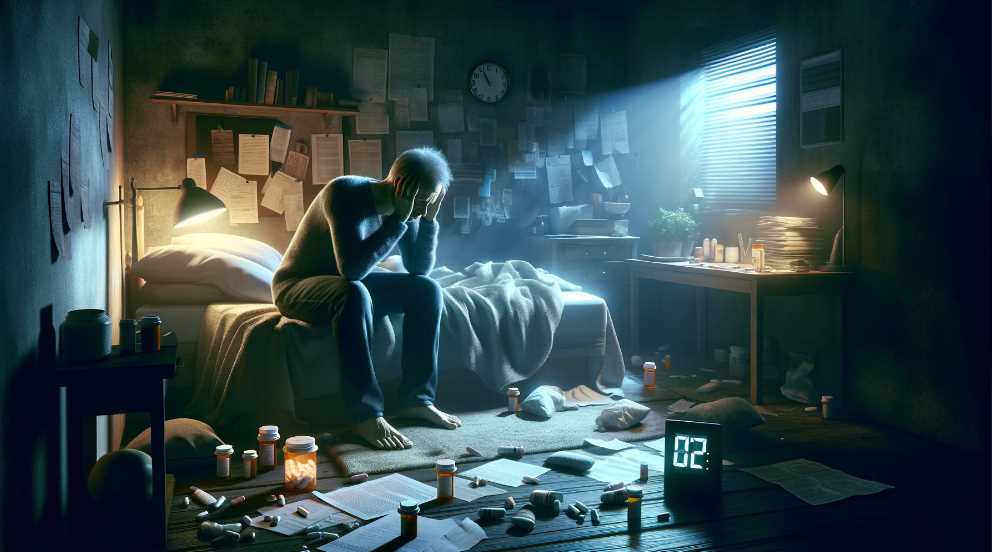
Can you safely combine sleep aid and antibiotics? Yes, you can generally safely combine sleep aids with antibiotics, but it ...
Read moreDoes Melatonin Supplements Can Help Sleep Better? Discover the Power!
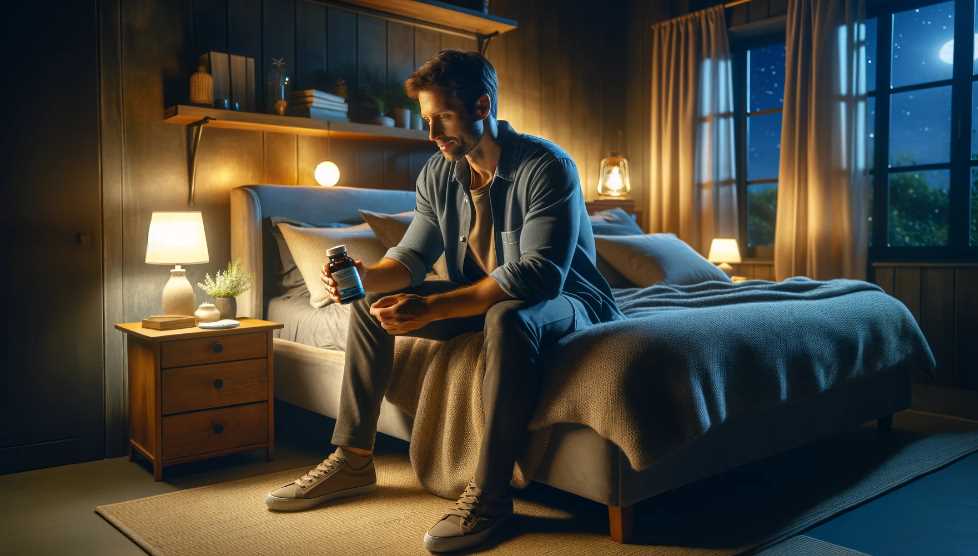
Melatonin supplements can help sleep quality improve, especially for those with specific sleep disorders, jet lag, or shift work-related sleep ...
Read moreCan I Take Sleep Aid With Amoxicillin? Expert Insights Revealed!
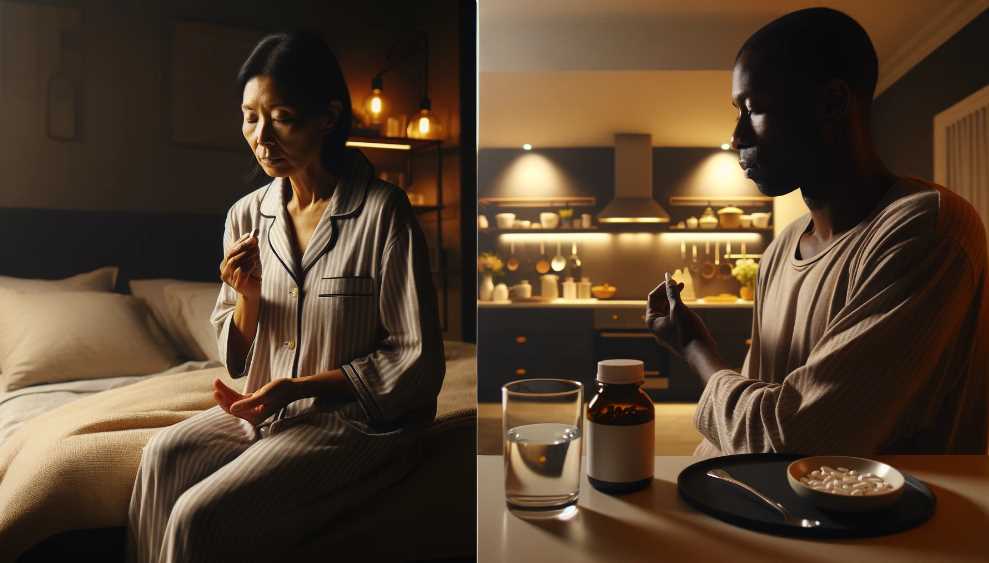
Can I take sleep aid with amoxicillin? Yes, you can generally take sleep aids with amoxicillin. There are no known ...
Read moreCan You Use Diphenhydramine As a Sleep Aid? Discover the Powerful Effects

Can you use diphenhydramine as a sleep aid? Yes, diphenhydramine can be used as a sleep aid. It is an ...
Read moreCan Sleep Aids Cause Headaches? Discover the Hidden Connection
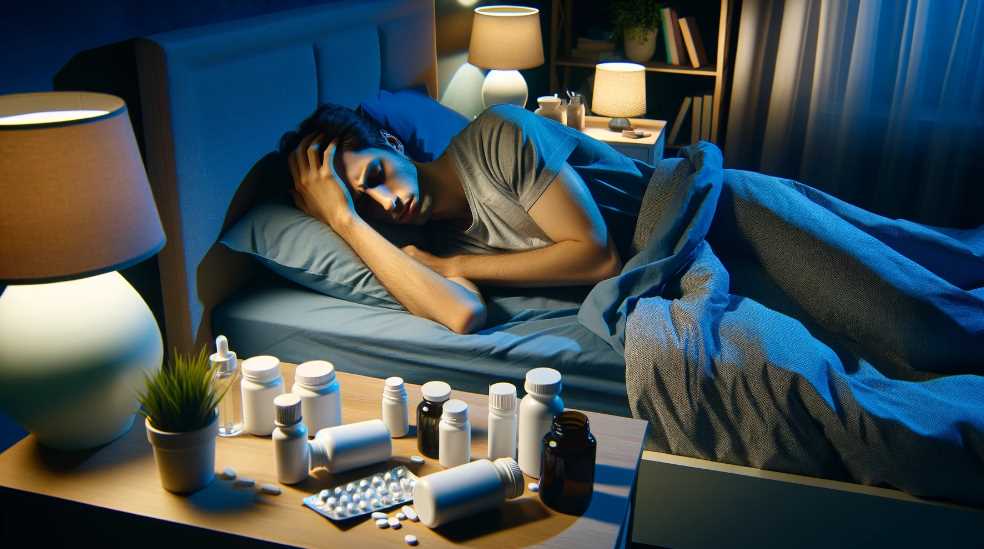
Can sleep aids cause headaches? Yes, sleep aids can cause headaches. Sleep aids can cause headaches due to side effects ...
Read moreCan You Take Sleep Aid With Oxycodone: Important Safety Tips
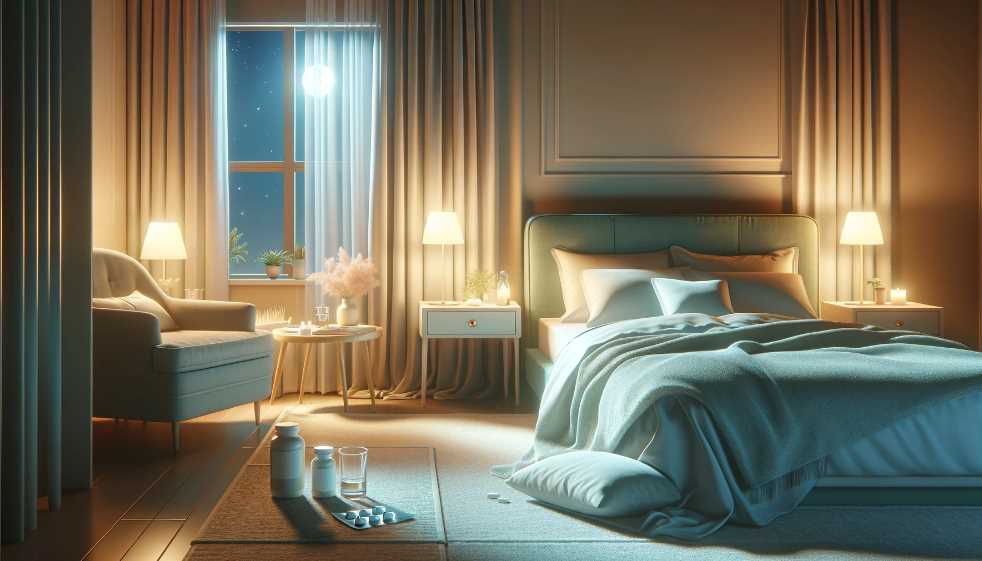
Can you take sleep aid with oxycodone? No, you should not take sleep aids with oxycodone without consulting your healthcare ...
Read more